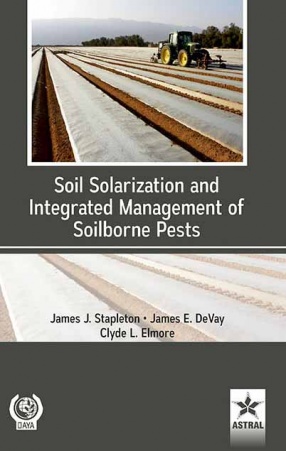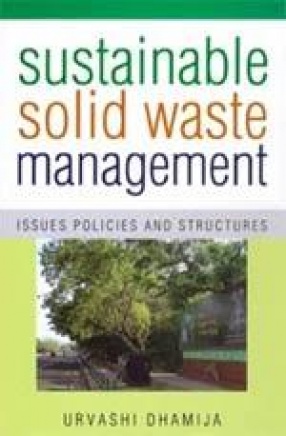Soil solarization is gradually becoming a recognized control strategy for soilborne pathogens and weeds. Studies, particularly in hot climates, have demonstrated the effectiveness of this method for protection of many vegetables, field crops, fruit-trees, ornamental plants and nursery transplants. Soil solarization causes chemical, physical and biological changes in the soil and thus provides effective management of soilborne pests, improves plant growth and development and often results in substantial yield increases. Successful field-scale application of pre-planting soil solarization, both in protected agriculture and in open fields, is under way in many parts of the world, substituting for chemical control or contributing to integrated pest management (IPM) programmes. In addition, post-planting solarization has been employed in established fruit-tree orchards and perennial crops.
Sustainable Solid Waste Management: Issues Policies and Structures
Fast Public transport, fancy ...
$27.00
$30.00





There are no reviews yet.